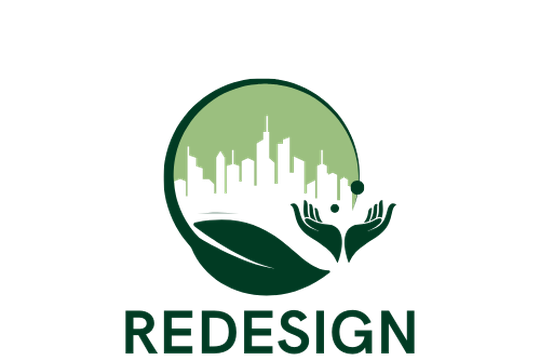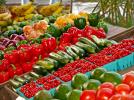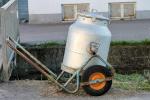
Horizon Europe Redesign Project: Transformative food value systems reshaping resilient urban landscapes
- Type Project
- Status Signed
- Execution 2025 -2028
- Assigned Budget 2.999.756,25 €
- Scope Europeo
- Main source of financing Horizon Europe 2021-2027
- Project website Proyecto REDESIGN
Urban food systems are under pressure due to climate change, growing food insecurity, and social inequalities. Many communities, especially vulnerable groups, struggle to access healthy food. The traditional food supply chain often neglects local needs and fails to promote sustainable practices.
As cities grow, there is a pressing need for solutions that connect food production and consumption in a way that benefits everyone. The EU-funded REDESIGN project will address these challenges by creating food value systems that improve urban resilience, promote green infrastructure, and encourage local communities to actively participate. Specifically, it will develop living laboratories that foster innovation in food production, policy, and community engagement.
REDESIGN will support the transformation of local urban food systems through the creation of Food Value Systems (FVS). FVSs aim to strengthen urban resilience through the improvement of food-driven green urban and peri-urban infrastructure, foster participation in the food system for local communities (with a focus on vulnerable groups), contribute to the quality and beauty of living spaces, and mitigate climate change by integrating urban agriculture with the built environment.
The FVS will operate by developing and applying a “learning loop” methodology based on NEB values to accelerate innovation at all stages of the food system (including production, consumption, exchange, and disposal) and expand beyond the notion of a “food chain” to integrate the cultural, social, and political dimensions of transformation.
The network will be composed of three main groups of actors: "observation" cases, "implementation" cases, and a city council. The observation cases exemplify established best practices. In the pilots, REDESIGN Food Value Networks will be established and implemented with the participation of local stakeholders, particularly vulnerable groups.
Each implementation case will focus specifically on one of the urban food system domains (nutrient recovery and food production, creation of a multifunctional food laboratory, and food policy councils). The implementation cases will become Living Labs, through which innovation in local food value networks will be scaled up to two levels: the metropolitan level, by contaminating nearby districts through training and transfer, and the international level, by upscaling the observation cases (closing the "learning loop") and reporting back to the city council for innovation and policy learning.
Outcomes will include regenerated neighborhoods in the implementation cases, the establishment of three Living Labs that drive Food Value Networks, and a Learning Loop methodology, all scalable and replicable in other contexts.







